12 Best Supplements to Wake Up Feeling Energetic & Fight Fatigue, Experts Say

If you struggle to wake up feeling refreshed or find yourself dragging throughout the day, you’re not alone. Fatigue affects millions of Americans, with causes ranging from poor sleep and stress to nutrient deficiencies. According to the CDC, about 1 in 3 adults don’t get enough sleep, leading to chronic tiredness and sluggishness. While improving sleep habits and managing stress are key, certain supplements can provide the extra boost your body needs to wake up energized and stay alert throughout the day.
Recent research highlights how key nutrients can support energy production, regulate your stress hormones, and combat fatigue. So, whether you have trouble feeling alert in the morning or you hit that 3 p.m. slump in the afternoon, the right supplements may help you bounce back to your energetic self. Read on to discover the 12 best supplements to help you wake up feeling energetic and fight fatigue throughout the day, according to experts.
RELATED: 11 Bedtime Routines to Get Your Best Sleep Ever
1
Caffeine
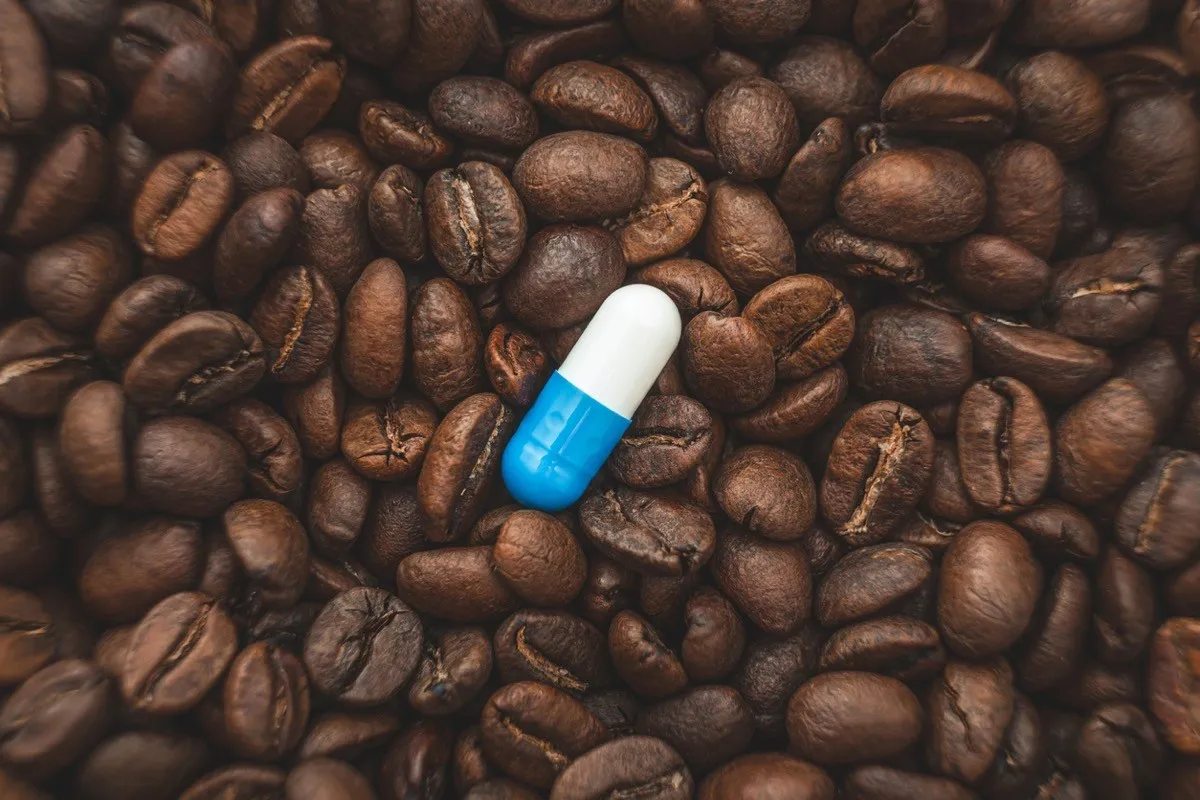
“Coffee is far and away the best ‘supplement’ to wake you up in the morning,” says sleep expert and researcher Jeff Kahn, who explains that caffeine blocks adenosine receptors in the brain.
“Adenosine is the drowsiness chemical that builds as we’re awake during the day and clears at night, so long as we get sufficient sleep,” he says. “There is lingering adenosine in the morning, especially if you’re sleep-deprived.”
Coffee—or caffeine supplements, if you prefer a pill version—can “temporarily mask this drowsiness,” according to Kahn.
Caffeine has the power to keep your focus sharp and increase your physical performance, adds Carlie Gasia, certified sleep science and wellness coach at Sleepopolis, which is why taking it at some point early in the day (preferably before noon) can help you feel less fatigued.
RELATED: 21 Surprising Signs You Have a Vitamin Deficiency
2
Green Tea
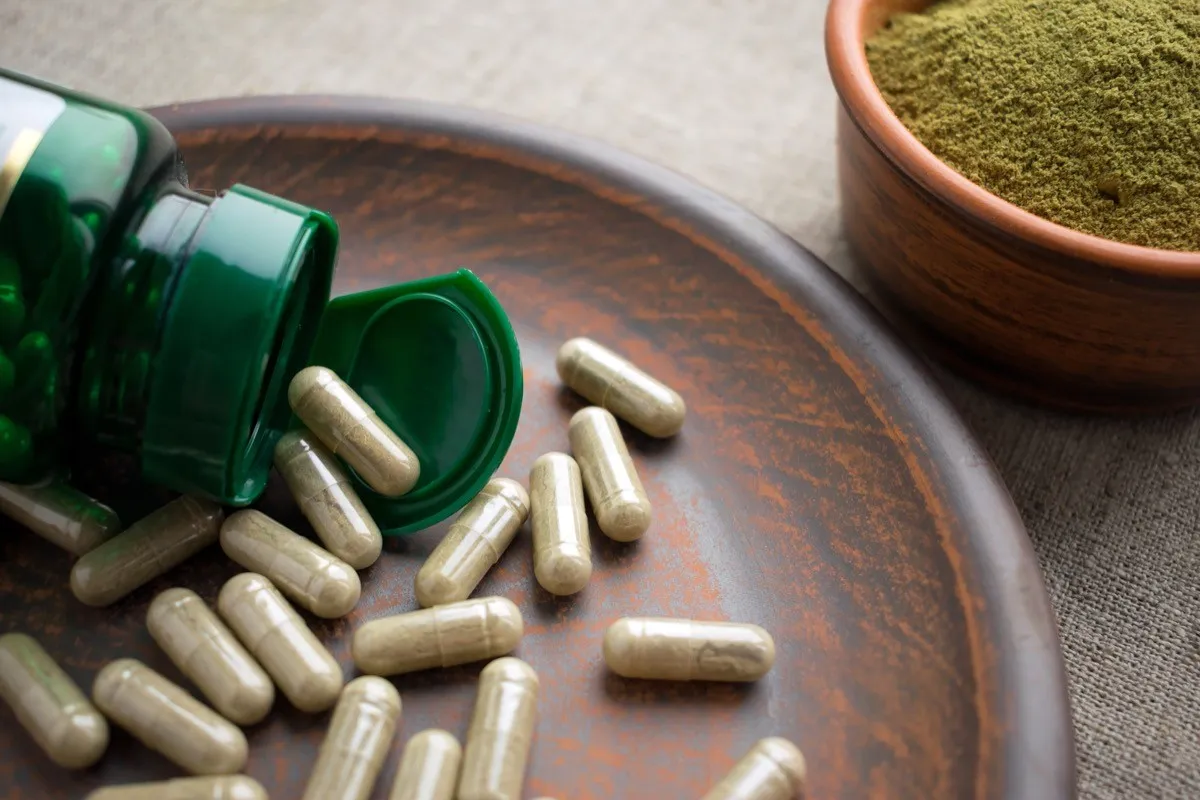
If starting your day with a cup of coffee doesn’t appeal to you, there’s always green tea.
“For centuries, people have been drinking green tea, not only for the health benefits, but also because it’s an excellent source of caffeine,” Rachel Scott, co-founder and medical practitioner for National TASC LLC, shares. “Green tea can boost your alertness immediately, helping you wake up in the morning.”
If you don’t have time to brew a cup, Scott recommends taking a green tea supplement.
“The good thing about green tea’s caffeine is that it’s released at a constant and slower pace as compared to coffee, so you won’t experience an energy crash,” Scott notes.
3
Vitamin B12
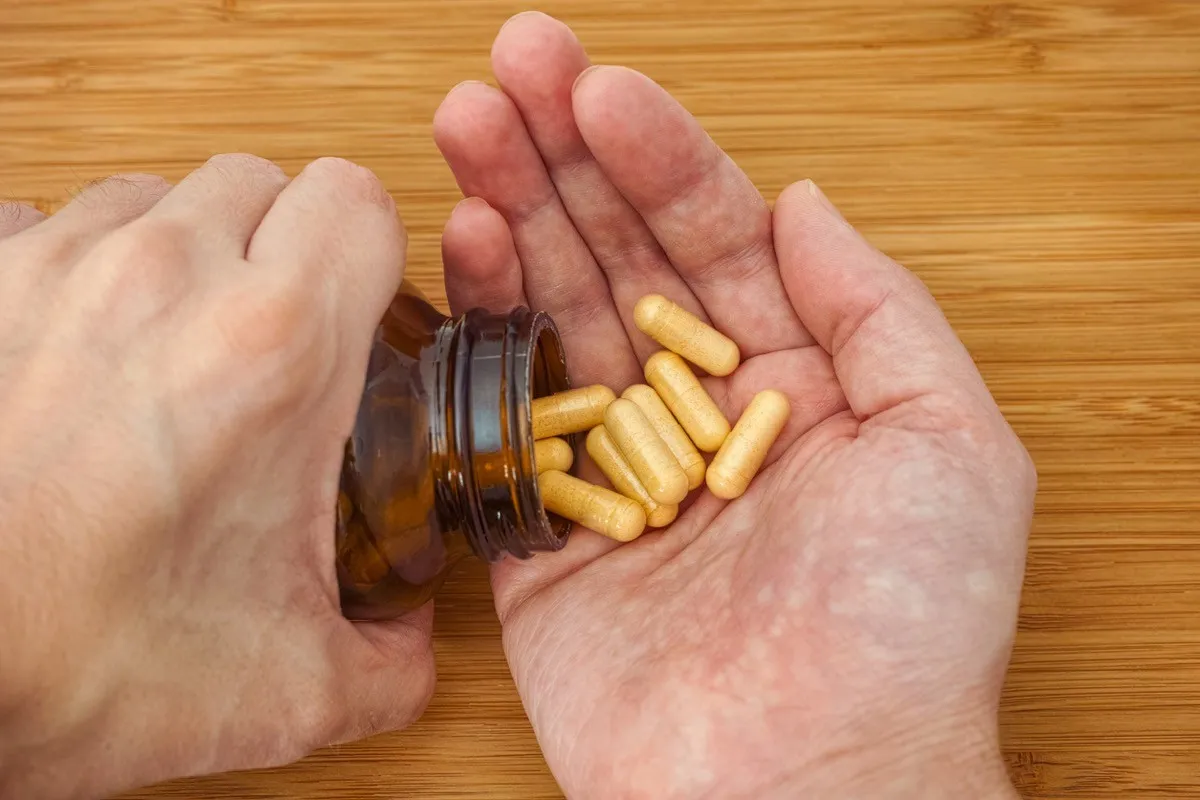
One of the most crucial vitamins for energy is B12, according to Dimitar Marinov, MD, PhD, who specializes in nutrition and dietetics.
This is because B vitamins are “essential for converting food into energy at the cellular level, and support brain function and red blood cell formation,” Marinov says.
Vitamin B12 also helps your body regulate melatonin, according to Bill Glaser, CEO of Outstanding Foods.
“We can’t naturally produce vitamin B12, but it’s found in many animal products, such as clams, beef, and eggs, and improves mood by metabolizing serotonin,” he explains.
If you’re not getting enough of this nutrient through what you eat (vegetarians, for instance, are more likely to be deficient), you may want to consider taking B12 supplements.
“With the recommended daily consumption through foods and supplements (when approved by your doctor), vitamin B12 can improve your sleep cycles and help you wake up more energized,” Glaser says.
4
Vitamin D

Natural sunlight is “necessary in the morning to strengthen the circadian alerting signals that are your real source of daily energy,” Kahn says. Unfortunately, not everyone gets enough vitamin D from actual sunlight.
In fact, one of the most common deficiencies in the U.S. is a vitamin D deficiency, according to Cesar Sauza, MS, a registered dietitian and nutritionist working with EndoMondo. Those who are lacking this sunshine nutrient usually experience fatigue or a lack of energy.
“Supplementing with vitamin D to bring levels up will increase energy levels and make it easier to wake up in the morning,” Sauza explains.
RELATED: 16 Vitamin D Deficiency Symptoms to Watch Out For, According to Doctors.
5
Rhodiola
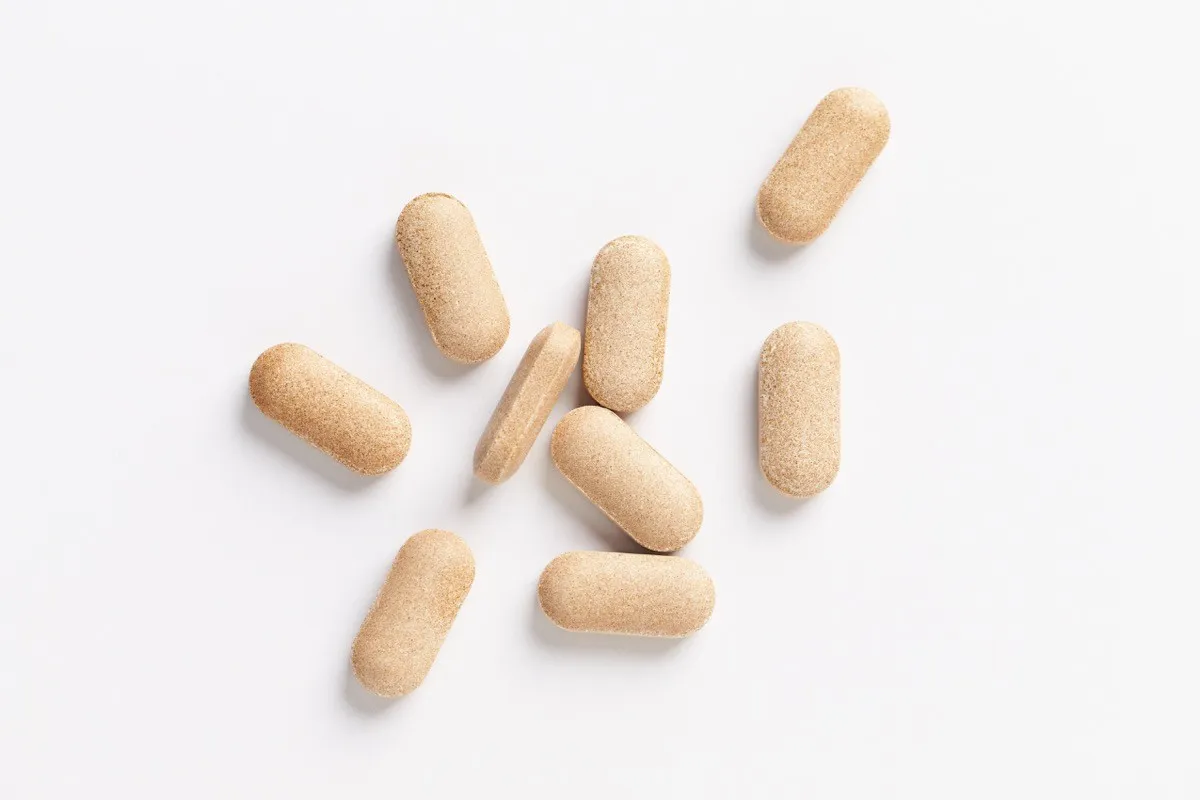
Rhodiola is the “ideal supplement to take early in the morning when you need an extra pick-me-up,” says Daniel Powers, MS, founder of The Botanical Institute. “It’s an adaptogenic herb that is known to help stimulate the brain and improve energy levels.”
“Studies have shown that rhodiola can be used to reduce stress, combat fatigue, increase mental performance, and improve physical and mental fitness and resilience,” Powers adds.
For these reasons, rhodiola rosea can also help increase your energy throughout the day when you need a jolt of energy.
6
Ashwagandha
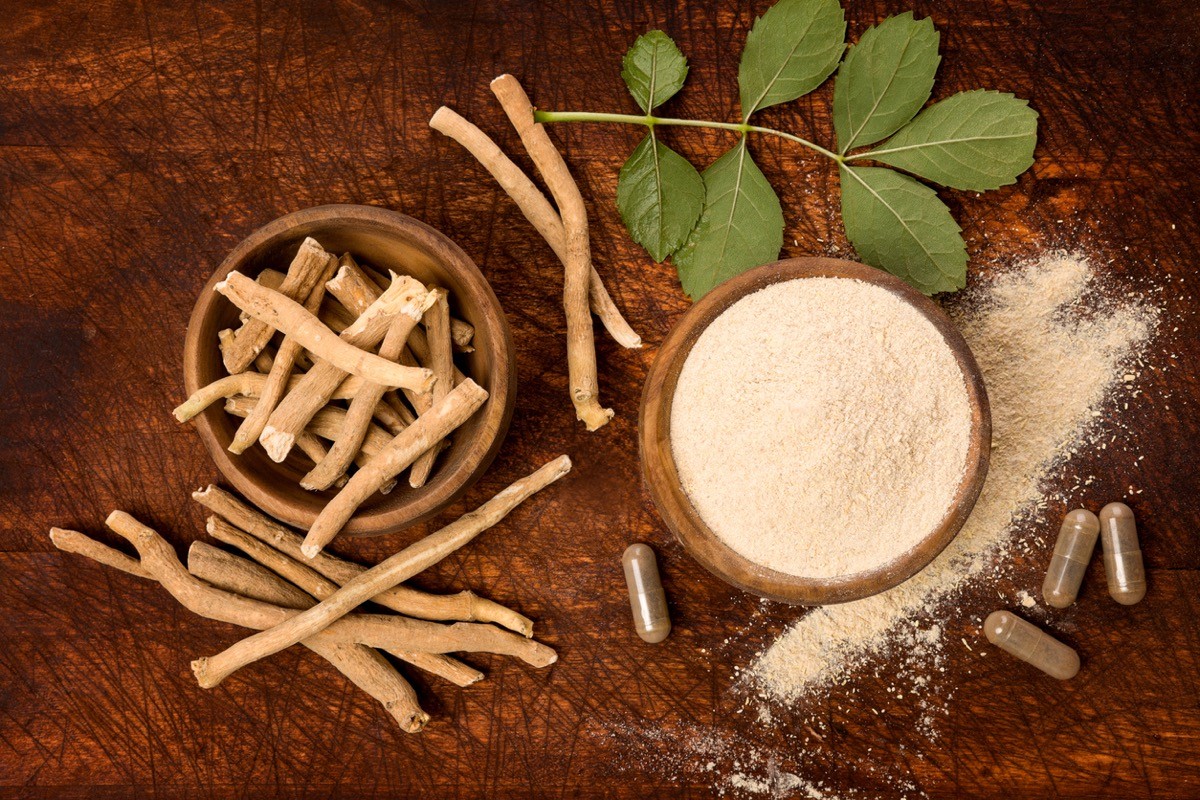
Ashwagandha is one supplement that has become quite popular—and for good reason.
Emerging science has revealed that it “works to boost energy levels by helping your body cope with the weakening effects of stress and anxiety,” says Destini Moody, RD, board-certified dietitian and founder of The Athlete’s Dietitian.
“It’s also been shown to reduce fatigue, especially in those who are active or athletic,” she adds.
For these reasons, ashwagandha has also been shown to improve sleep by lowering cortisol and helping combat physical and mental stress, says fitness nutrition specialist Gina Aliotti.
7
Mushroom
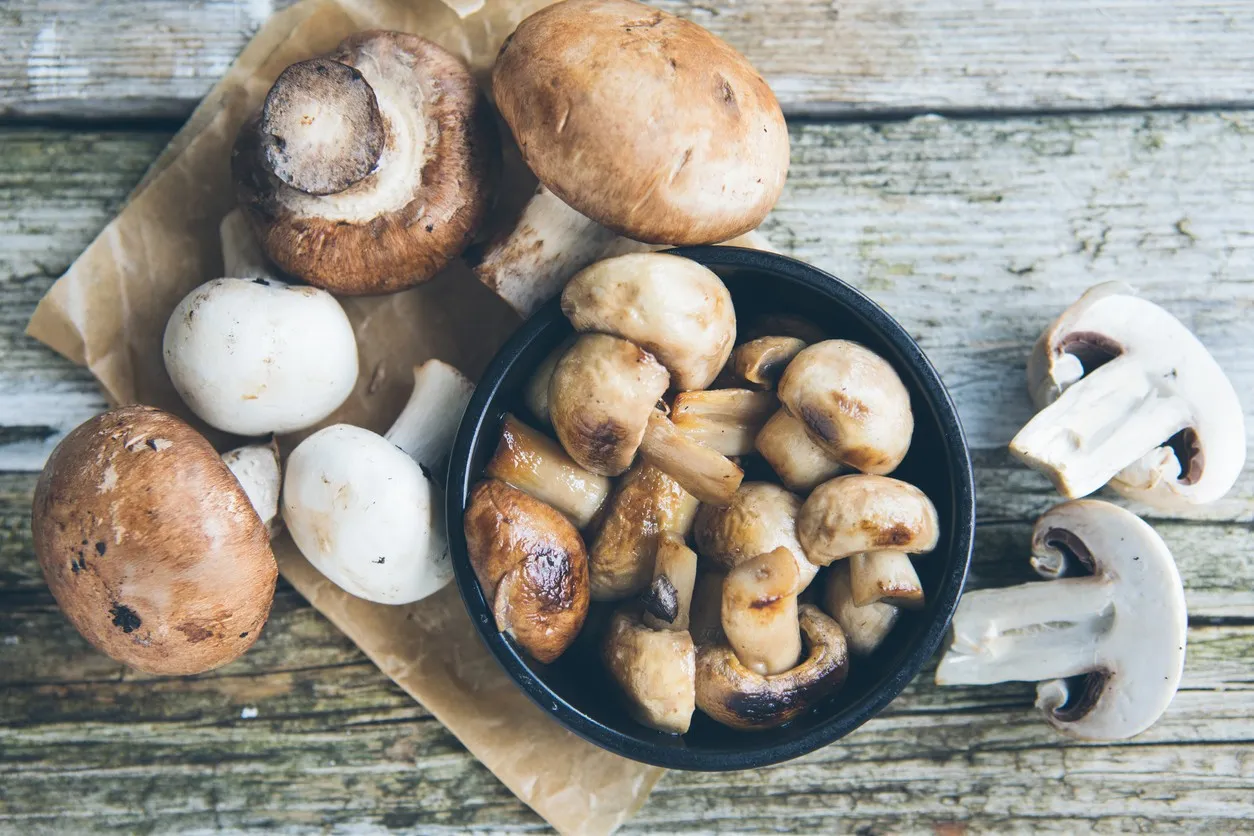
No, you don’t have to eat a bunch of mushrooms every morning. But you could consider taking a mushroom complex supplement, which typically “contains several types of mushrooms that can help improve focus and provide energy,” according to Sauza.
To find the best option to help you wake up in the morning, Sauza advises looking for mushroom supplements containing lion’s mane and cordyceps, as they are known for promoting energy and focus.
RELATED: 8 Best Supplements for Brain Health
8
Cognizin
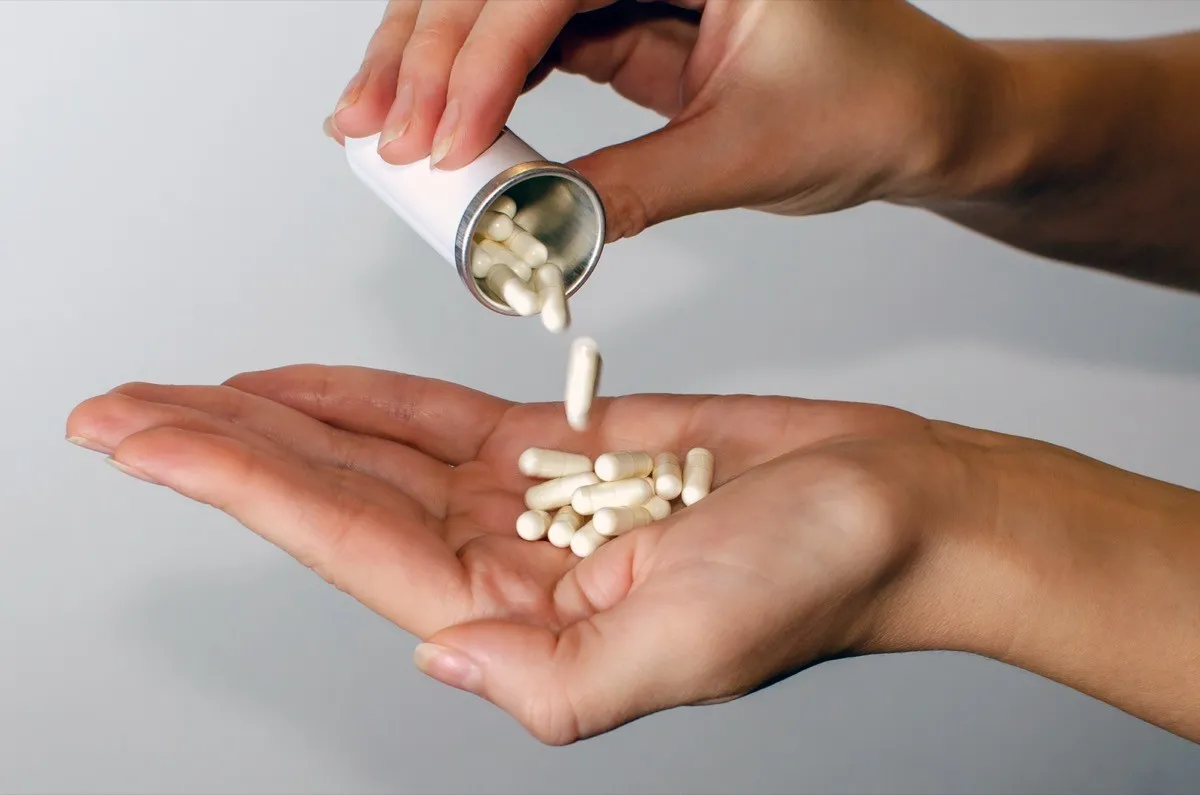
There are plenty of supplements that contain Cognizin, which is a “branded form of citicoline that supplies the brain with the energy it needs,” says Danielle Citrolo, PharmD, registered pharmacist and vice president of scientific and regulatory affairs at Kyowa Hakko USA.
“To sustain your focus and attention, your brain requires an adequate ongoing supply of energy and healthy communication between neurons,” she explains. “Cognizin supports healthy brain metabolism and helps provide phospholipids essential to healthy brain function.”
Citrolo recommends Lemme Focus gummies or Solaray SharpMind Focus capsules as “a great way to start your day,” because both contain Cognizin.
9
Electrolytes

Not being properly hydrated can make you feel tired and less energetic, according to Rachel MacPherson, exercise nutritionist and certified personal trainer. “These effects start happening with even a slight amount of dehydration.”
This is why MacPherson recommends electrolyte supplements. “Choosing a naturally sourced, low-sugar form of electrolytes is a good way to replenish your energy stores and keep your body in balance,” she says.
In addition to drinking water, electrolytes can help you stay hydrated throughout the day and avoid any energy crashes.
10
Creatine HCL
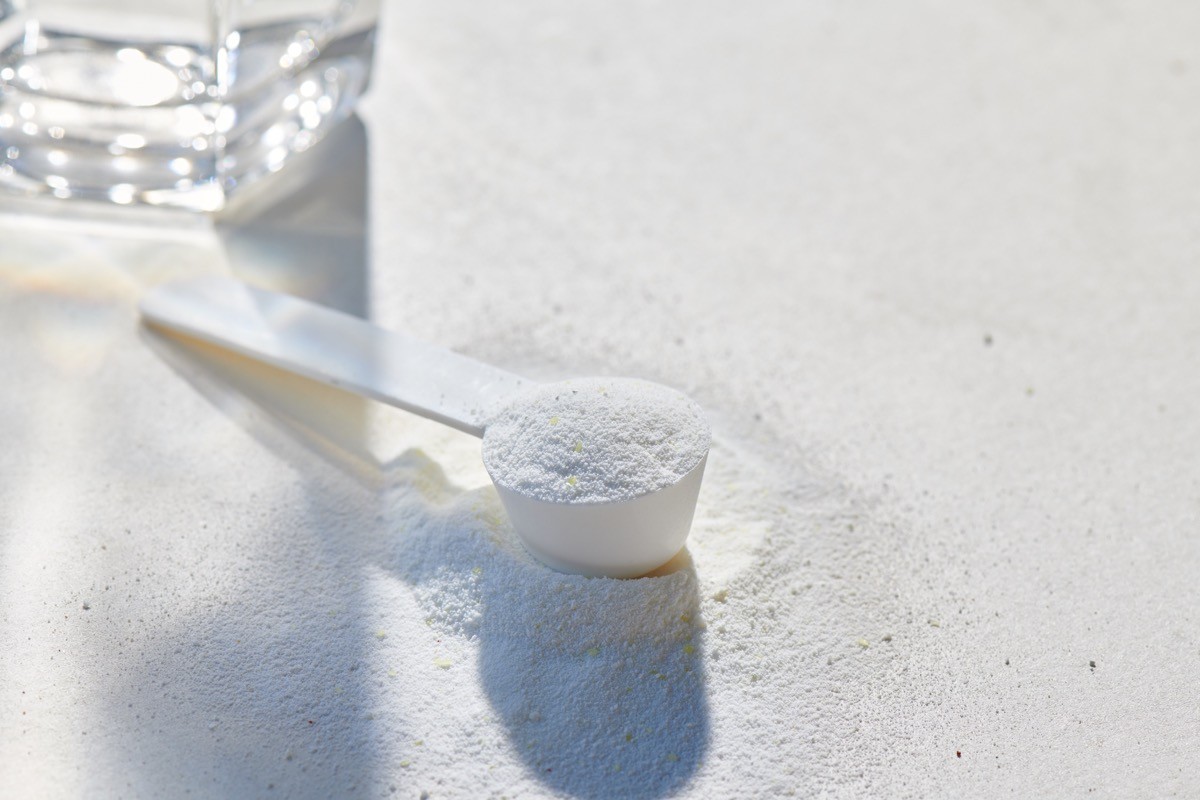
Creatine HCL is a popular supplement in the fitness world. But it might also benefit you even if you aren’t an actual athlete, according to Kristin Kirkpatrick, MS, registered dietitian at Cleveland Clinic Department of Wellness and Preventive Medicine.
“Creatine HCL assists with the creation of ATP [adenosine triphosphate], which supplies the cell with energy,” she explains. “It has also been associated with better energy for muscles during activity.”
RELATED: 7 Supplements That Can Help You Lose Weight
11
Melatonin
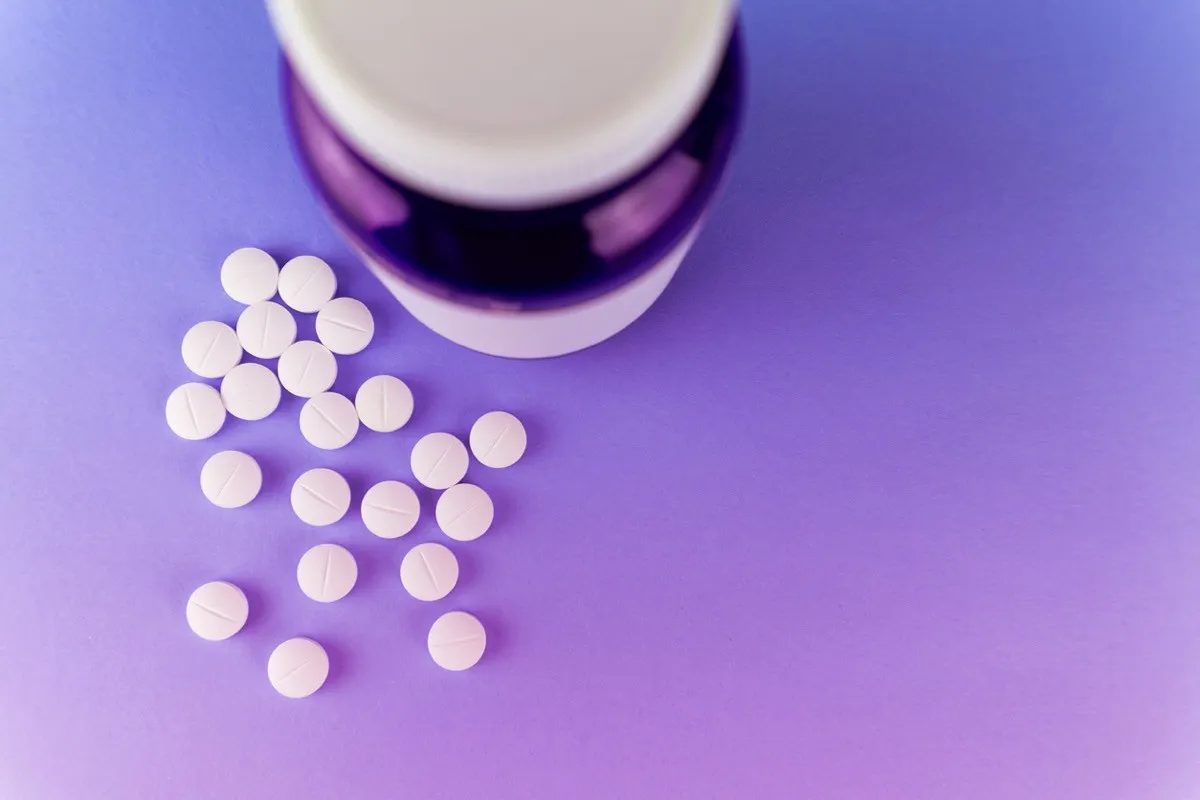
While it might sound counterproductive, another “supplement that can be helpful for boosting energy levels is actually melatonin,” according to Jerry Friedman, DDS, an oral surgeon with North Jersey Oral & Maxillofacial Surgery.
“This is, of course, a supplement that can help you sleep better, so it is something you only want to take before bed,” he says. “It won’t directly give you more energy, but it should help you to get a better night’s sleep—which in turn will give you more energy the following day.”
Just be careful you’re not taking too much.
12
Magnesium
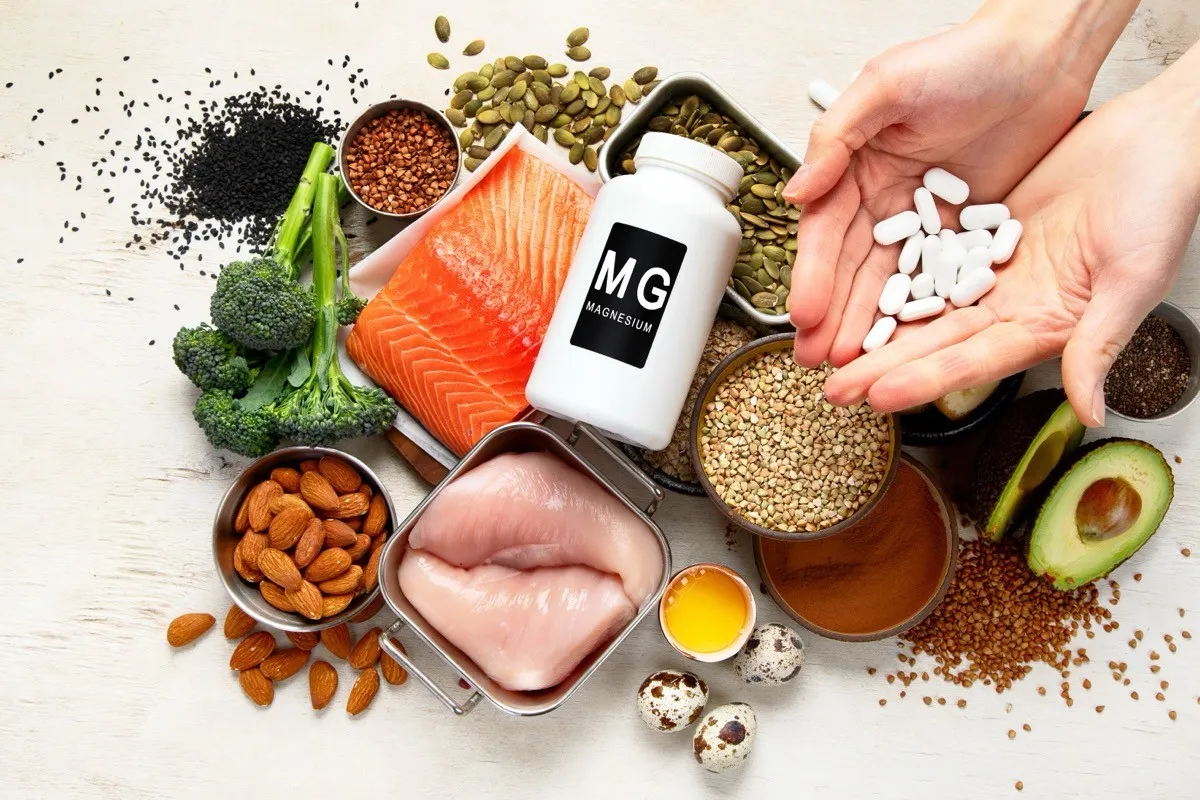
Finally, magnesium is a well-known sleep aide—and in the same way as melatonin, it can help you feel more refreshed when you wake up, according to Tai.
“Magnesium, involved in muscle and nerve function, has calming effects, potentially easing anxiety and promoting better sleep,” he explains.
By getting proper, high-quality slumber at night, you’ll wake up feeling energized and ready to go with enough stamina to last throughout the day. Similar to melatonin, just make sure you’re not overdoing it.